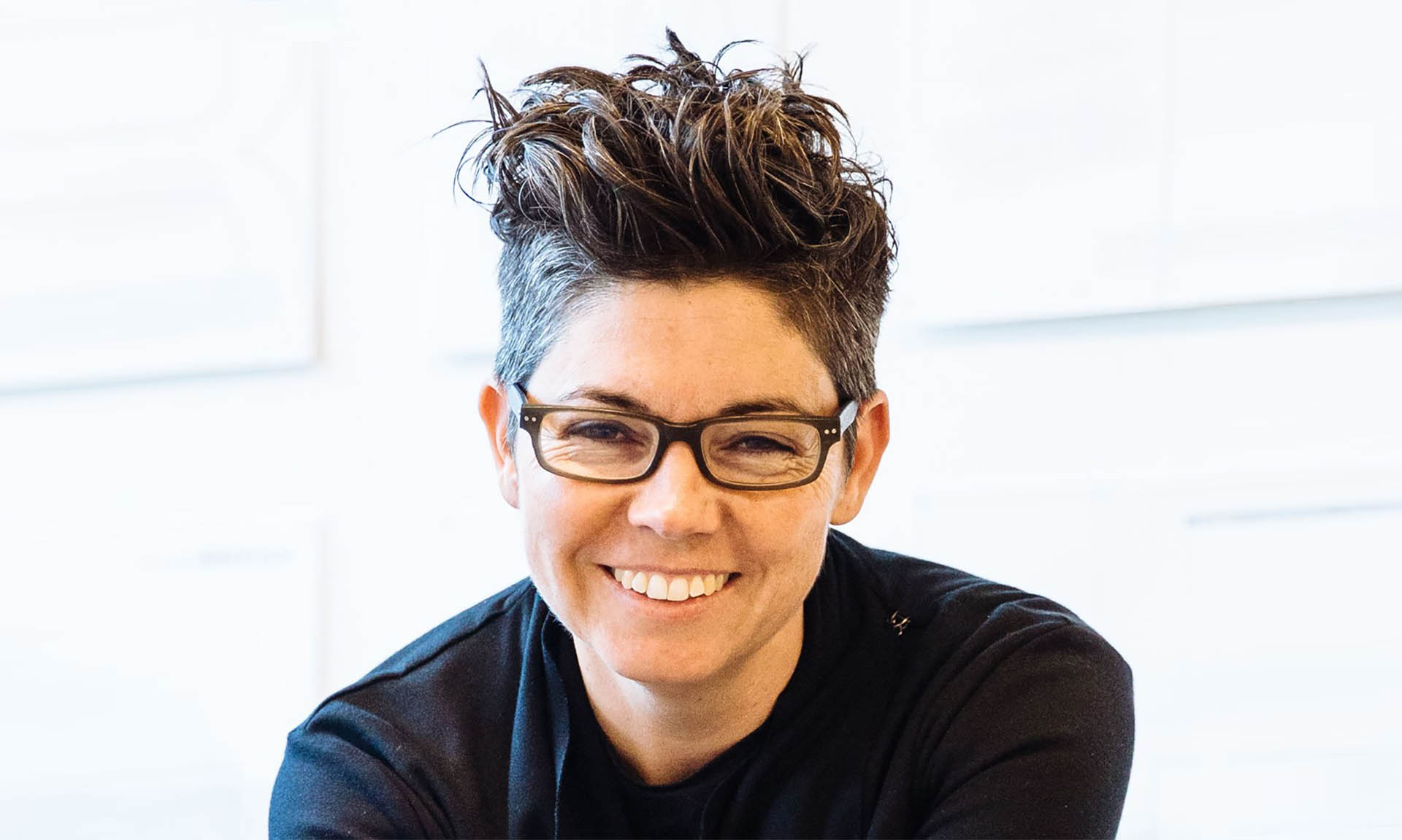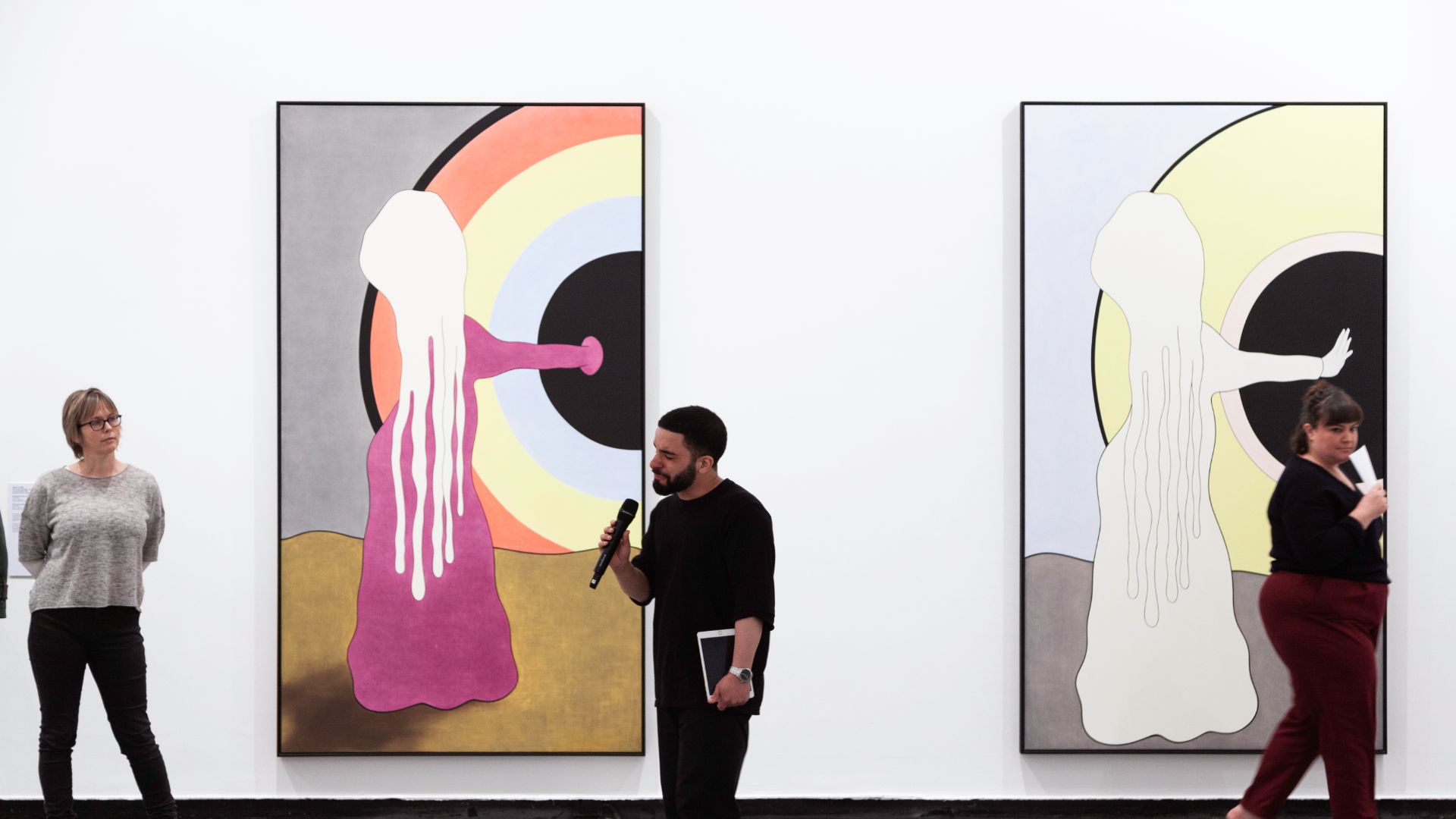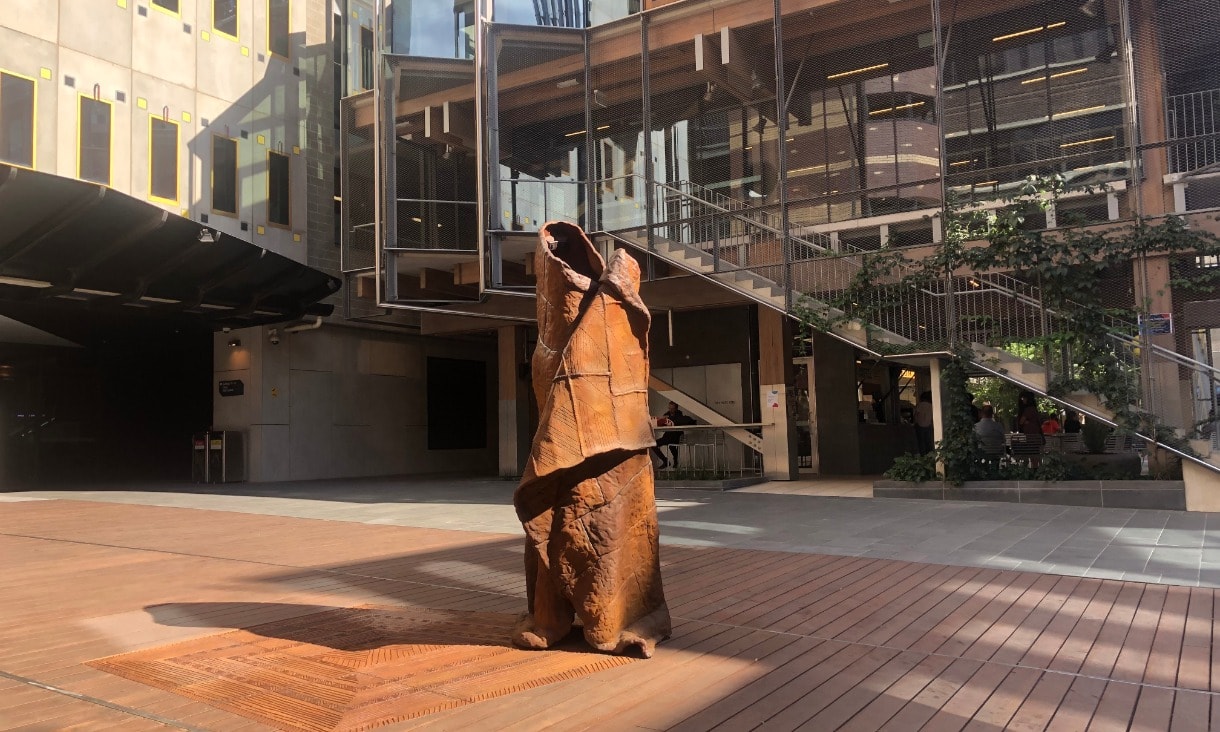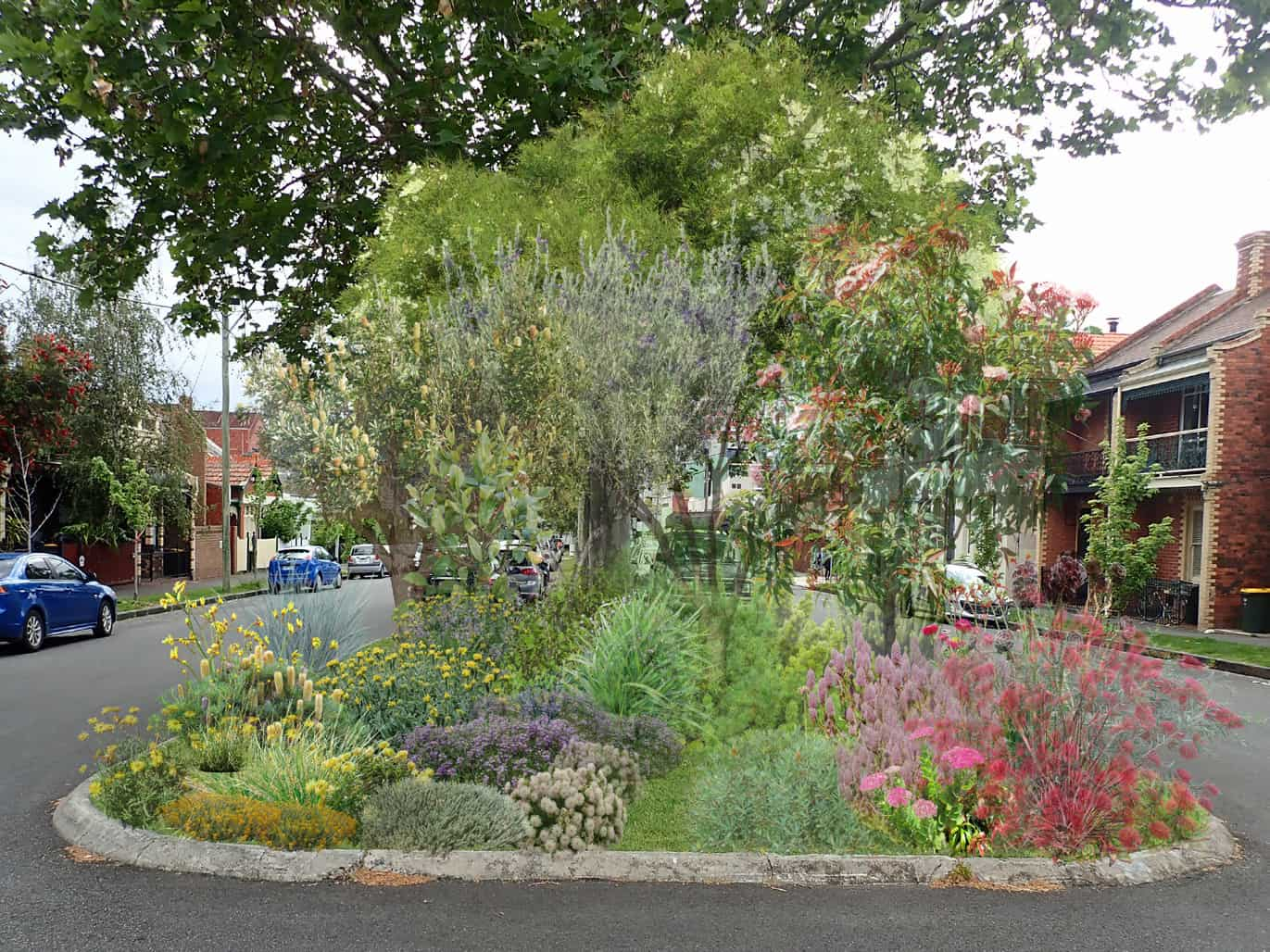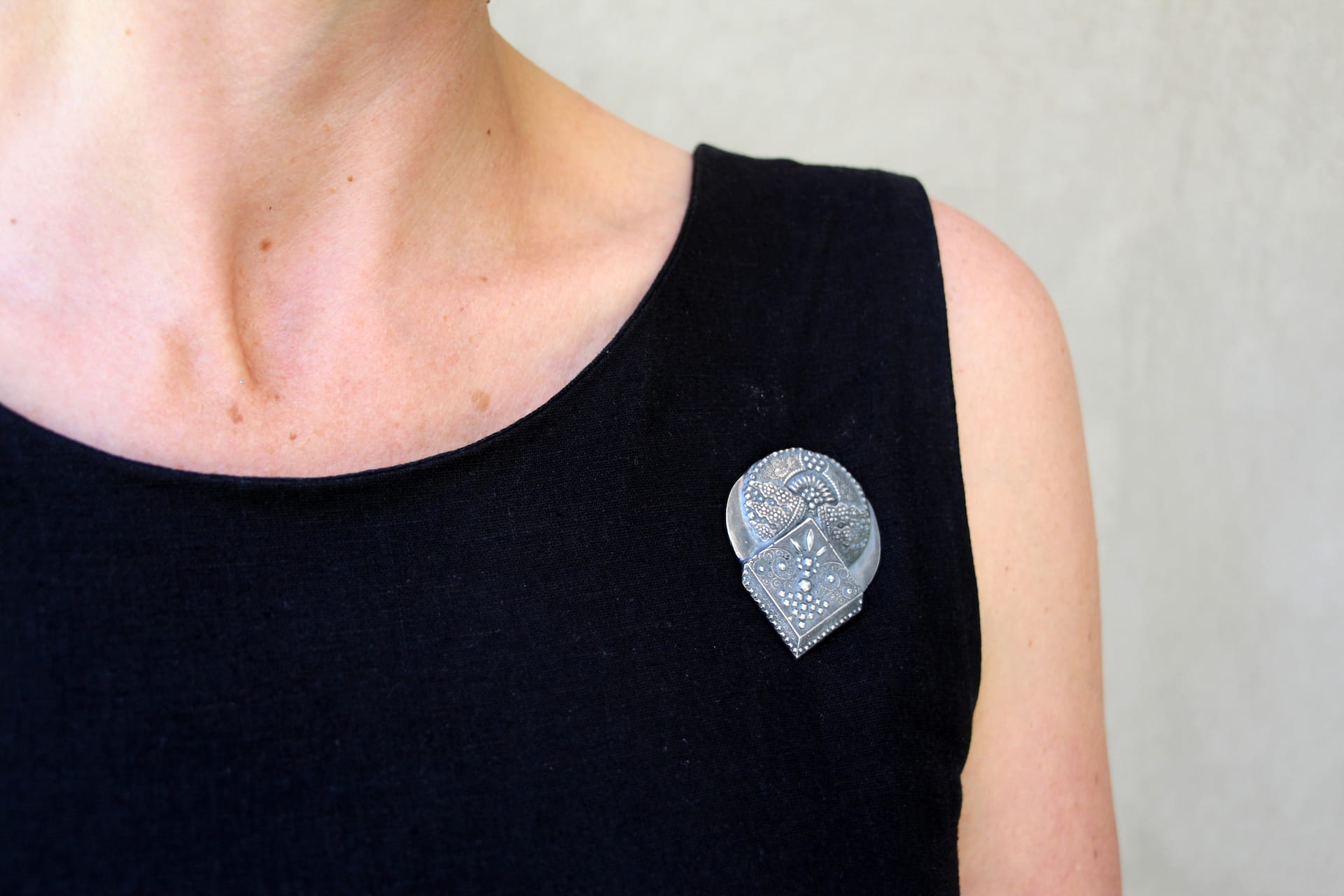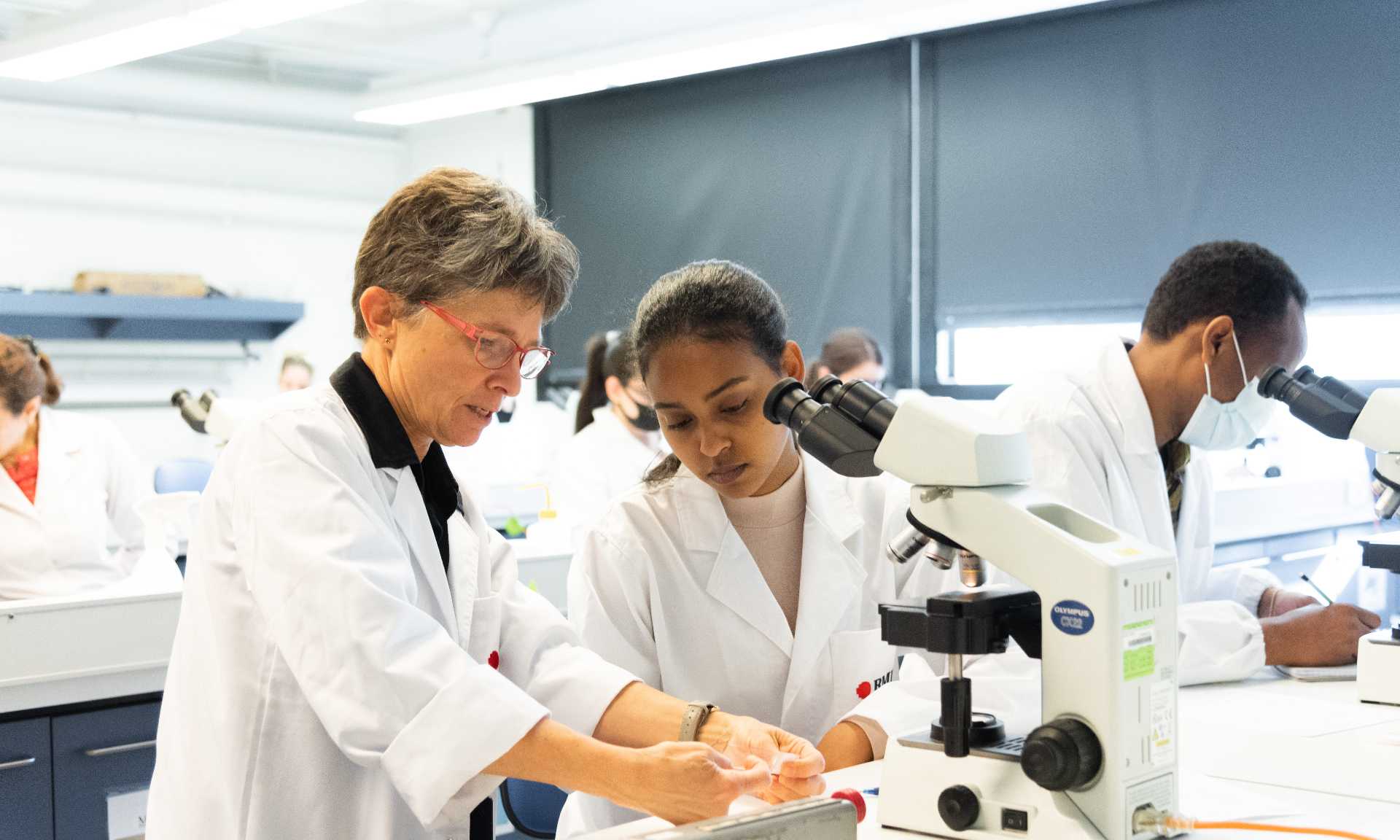Case study | Weenthayoothan: towards a relational and ethical cultural framework for making public art on Country
Case study | The Weenthayoothan Thought Leadership project aims to generate discussion and produce critical frameworks addressing ethical practices for commissioning and creating public art with First Peoples on Traditional Custodian Country.
Case study | Haptic Pathways
The 2019 Design Challenge was a joint initiative between the City of Melbourne and the Design & Creative Practice Platform which sought to tackle the real-world issue: How do we design for inclusive cities?
Case study | CaTPin Conversation as Therapy
The Design Challenge was a joint initiative between Telstra and the Design & Creative Practice Platform which sought to tackle the real-world issue: How do we design for Ageing Well Futures?

